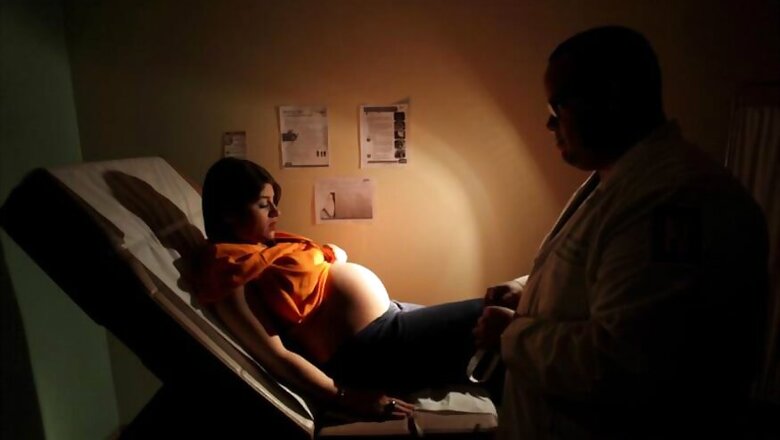
views
One of the most prevalent mosquito-borne diseases around the world, malaria, along with other vector-borne diseases like dengue and chikungunya affect millions of people annually. Notably, pregnant women are especially susceptible to malaria infection. Without existing vaccines, severe malaria can develop in pregnant women which will require emergency treatment, without which it can lead to pregnancy loss.
In women who are semi-immune, consequences of malaria in pregnant women include anaemia while stillbirth, premature delivery and foetal growth restriction affect the developing foetus.
Pregnant women are especially susceptible to malaria infection because of immunological changes occurring in pregnancy, and to the unique nature of a subset of P. falciparum parasites to sequester in the maternal blood spaces of the placenta. This placental malaria infection helps the parasite avoid clearance by the human immune system and infect the body.
Notably, in high transmission areas, malaria in pregnancy is most common in first-time mothers and prevalence and densities of parasitaemia both decline over subsequent pregnancies.
As for the consequences of malaria in pregnancy, they vary with transmission intensity. When the transmission is high, maternal anaemia is common, and infant low birth weight due to foetal growth restriction and/or premature delivery is frequent2. In low transmission areas, when non-immune pregnant women become infected, malaria infection may become severe and life-threatening, requiring emergency treatment.
Notably, pregnant women are three times more likely to develop severe disease than non-pregnant women acquiring infections from the same area. Malaria infection during pregnancy can lead to miscarriage, premature delivery, low birth weight, congenital infection, and/or perinatal death.
Notably, the World Health Organisation recommends a three-pronged strategy for control of malaria in pregnancy. They recommend that all women in the second or third trimester of pregnancy who have uncomplicated P. falciparum malaria should be treated with artemisinin-based combination therapy.
Notably, it reduced the number of parasites substantially during the first 3 days of treatment. The longer-acting partner drug on its part eliminates the remaining parasites, thereby preventing recrudescent malaria.
WHO recommends the following interventions for the prevention and treatment of malaria during pregnancy:
The use of long-lasting insecticidal nets (LLINs);
In all areas with moderate to high malaria transmission in Africa, intermittent preventive treatment in pregnancy (IPTp) with sulfadoxine-pyrimethamine (SP), as part of antenatal care services.
Prompt diagnosis and effective treatment of malaria infections.



















Comments
0 comment